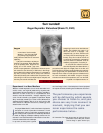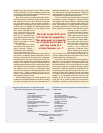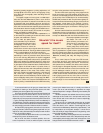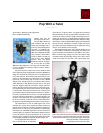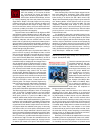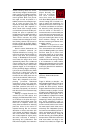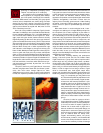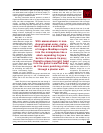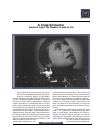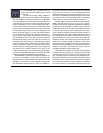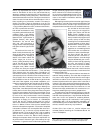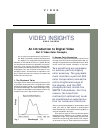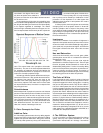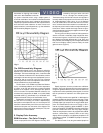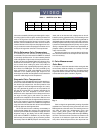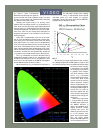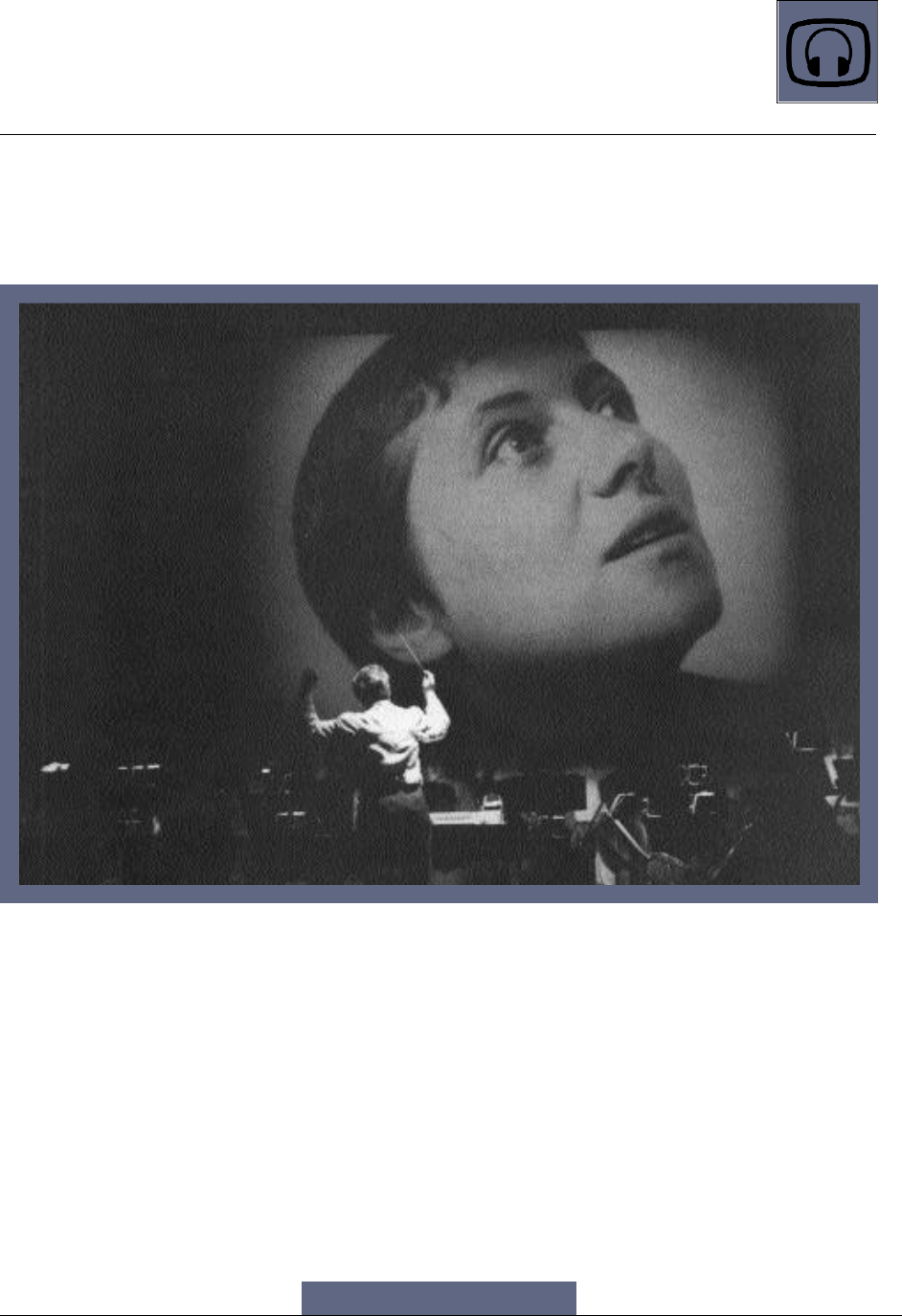
rom the moment of its rebirth two issues ago, The Per -
fect Vision has addressed itself squarely to the difficult
concept of “multimedia.” Essays from Greg Sandow
and HP in Issue 24 sought to define what multimedia is and is
not, and to imagine its possibilities. Sandow, in a piece that
touched on unfolding technical developments, offered the
computer game Myst as a “domesticated case of true multi-
media.” A bona fide specimen, perhaps, but not one that aims
very high. HP noted the limitations of currently available soft-
ware that present the marriage of music and images. He con-
sidered DVDs of an opera “gala,” a classical concert video, a
Sondheim musical, a pop music video – and found them all to
have shortcomings. He also described two potential multime-
dia experiences he had in the concert hall, both involving
music by minimalist Philip Glass: the opera Einstein on the
Beach and Glass’ score for the film
Koyaanisqatsi. These were, I’m sure,
intensely sensuous experiences. Still, for many listeners, the
repetitive nature of much of Glass’ cleverly constructed music
doesn’t demand attention on a moment-to-moment basis and
can induce a nearly physiologic contemplative state that, I
think, allows a listener to focus more keenly on whatever else
is before him, on the stage or screen. If this seems hard on
Glass, I don’t mean to be. It would just help if our early mod-
els for multimedia transcended issues of musical and narra-
tive style.
A useful prototype could be what visual artists call “mixed
media” – an oil painting with collage elements like fabric,
paper, or “found objects” incorporated into the canvas, for
example. The different materials have their own textures,
requirements for manipulation, and associations with both
artistic tradition and the real world. The challenge is to main-
tain their individual characteristics
and, at the same time, integrate them.
A Close Encounter
Voices of Light/The Passion of Joan of Arc
. . . . . . . . .
A N D R E W Q U I N T



